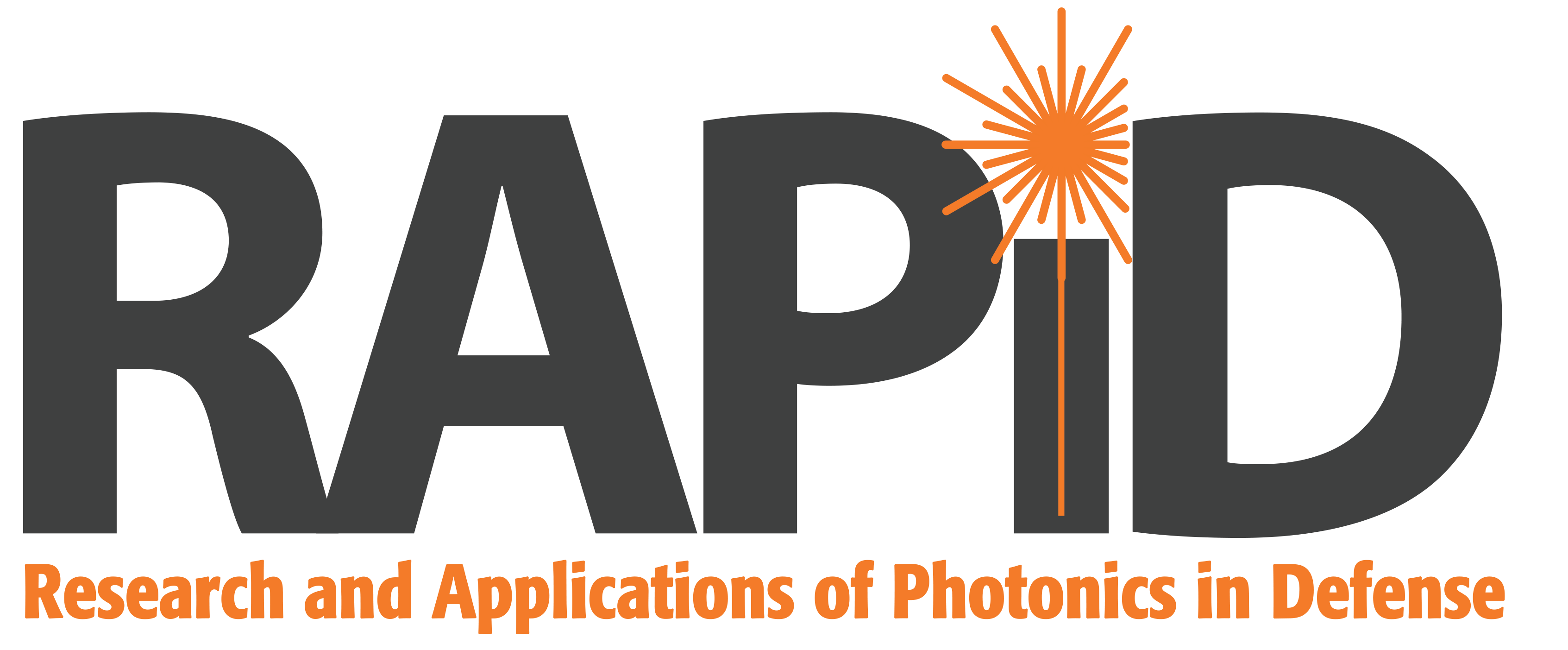Keynote Speaker

Keynote Speaker
Greg L. Zacharias
Chief Scientist
Operational Test and Evaluation
Office of the Secretary of Defense
Greg Zacharias Bio:
Dr. Greg Zacharias serves as Chief Scientist to the Director of Operational Test and Evaluation, providing scientific and technical (S&T) guidance on the overall approach to assessing the operational effectiveness, suitability, and survivability of major DOD weapon systems. He advises the DOT&E on matters dealing with critical technology areas including: emerging technologies; modeling and simulation; human-systems integration; and test design/analysis. Dr. Zacharias also represents the DOT&E on technical groups focused on policy, programs, and technology assessments, interacting with the DOD, industry, and academia.
Before this appointment, Dr. Zacharias was the Chief Scientist of the US Air Force (USAF), advising the Secretary and the Chief of Staff, providing assessments on a range of S&T issues affecting the Air Force mission, and interacting with other Air Staff principals, acquisition organizations, and S&T communities. He served on the Executive Committee of the Air Force Scientific Advisory Board (SAB), and was the principal USAF S&T representative to the civilian scientific/engineering community and the public.
Earlier, Dr. Zacharias served as President and Senior Principal Scientist of Charles River Analytics, providing strategic direction for the Government Services and Commercial Solutions Divisions. Before co-founding Charles River, he was a Senior Scientist at Raytheon/BBN, where he developed and applied models of human perception, decision-making, and control in multi-agent dynamic environments. As a Research Engineer at the CS Draper Laboratory, Dr. Zacharias focused on advanced human/machine interface design issues for the Space Shuttle, building on an earlier USAF assignment at NASA, where he was responsible for preliminary design definition of the Shuttle reentry flight control system.
Dr. Zacharias served on the Air Force SAB for eight years, contributing to nine summer studies, including chairing a study on “Future Operations Concepts for Unmanned Aircraft Systems.” As a SAB member he also chaired the Human System Wing Advisory Group, was a member of Air Combat Command’s Advisory Group, and served as a technical program reviewer for the Air Force Research Laboratory (in Human Effectiveness and Information Systems). He was a member of the National Research Council (NRC) Committee on Human Factors (now the Committee on Human-Systems Integration) for over 10 years, supporting several NRC studies including one for the Defense Modeling and Simulation Office evaluating the state-of-the-art of military human behavior models, and co-chairing a follow-up USAF-sponsored study entitled “Organizational Models: from Individuals to Societies,” which presents a roadmap for future DOD S&T investments in this area. He has served on the DOD Human Systems Technology Area Review and Assessment (TARA) Panel, Embry-Riddle’s Research Advisory Board, MIT’s Engineering Systems Division Advisory Board, the Board of the Small Business Technology Council (SBTC), and was the founding Chair of the Human Systems Division of the National Defense Industrial Association (NDIA).
Dr. Zacharias obtained his BS, MS, and PhD degrees in Aeronautics and Astronautics at MIT. He was an MIT Sloan Scholar and a Distinguished Graduate of USAF Officer Training School, and has received the USAF Meritorious Civilian Service Award (twice) and the USAF Exceptional Civilian Service Award.
